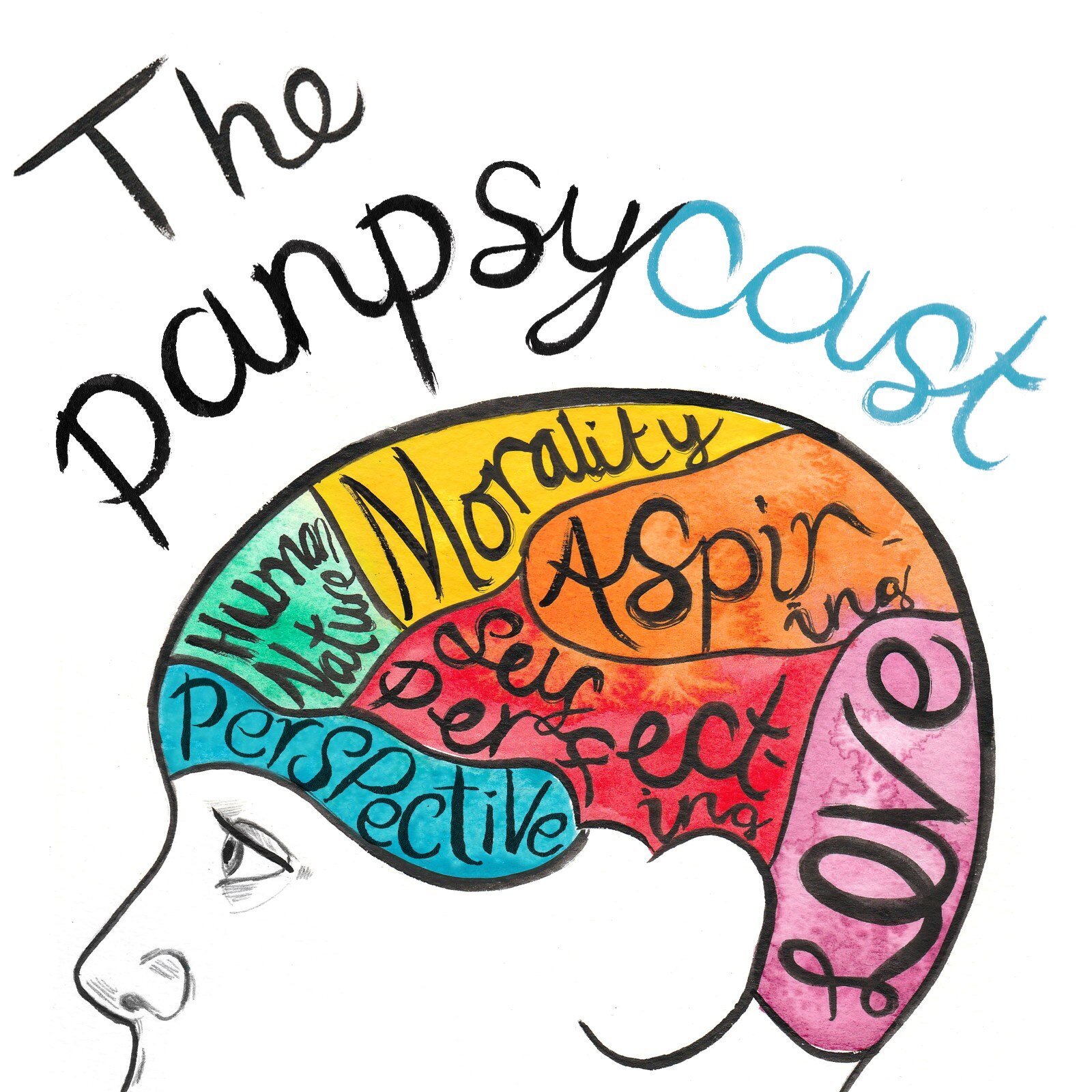Welcome to Episode 146 (Part III of III), where we’ll be offering our analysis on the nature and ethics of comedy.
In 2021, Netflix released His Dark Material, a Christmas stand-up special by Irish–British comedian Jimmy Carr. The show sparked international outrage. Toward the end of the set, Carr delivered what he called a ‘career ender’ – a joke about the Holocaust, in which he described the Nazis’ murder of thousands of ‘Gypsies’ as a ‘positive’.
The Holocaust Memorial Day Trust, the Auschwitz Memorial, and the UK government condemned the joke as ‘appalling’, ‘abhorrent’, and ‘racist’; Carr, critics said, was trading on the ‘last acceptable form of racism’.
Comedy touches every part of our lives. We tell jokes at the pub, around the dinner table, and by the office coffee machine. We all know someone who makes us laugh – and someone who seems to take things too far. But is there a line when it comes to humour? And if there is, who gets to draw it? Should we suspend our moral judgements when the lights go down and the curtain goes up? Or do jokes, like most speech acts, carry moral weight?
To answer these questions, we need to understand the nature of comedy itself – what exactly it is we’re responding to when we laugh. Humour might be a release of nervous tension, a playful disruption of expectations, or – more troublingly, if it applies to Carr’s joke – a means of asserting social superiority. No doubt, comedy has the power to shape our culture and perceptions. But, as we’ll find out, it also tells us something about who we are, who we ought to be, and the things we value most.
The file size is large, please be patient whilst the podcast buffers/downloads/warms up the crowdLinks
Abrahams, Daniel – Winning Over the Audience: Trust and Humor in Stand‐Up Comedy (paper)
Anderson, Luvell – Roasting Ethics (paper)
Bergson, Henri – Laughter: An Essay on the Meaning of the Comic (book)
Carroll, Noël – Ethics and Comic Amusement (paper)
Carroll, Noël – Humour: A Very Short Introduction (book)
Carroll, Noël – I’m Only Kidding: On Racist and Ethnic Jokes (paper)
Carroll, Noël – Cruelty and Humour (paper)
Critchley, Simon – On Humour (book)
Deen, Phillip – What Could It Mean to Say That Today’s Stand‐Up Audiences Are Too Sensitive? (paper)
Gimbel, Steven (ed.) – The Philosophy of Comedy (book)
Hick, Darren Hudson – Why Can’t You Take a Joke? The Several Moral Dimensions of Pilfering a Ha‐Ha (paper)
Morreall, John – Comic Relief: A Comprehensive Philosophy of Humor (book)
Morreall, John – Philosophy of Laughter and Humor (book)
Morreall, John – Stanford Encyclopedia of Philosophy: Philosophy of Humor (article)
Smuts, Aaron – Internet Encyclopedia of Philosophy: Comedy (article)

